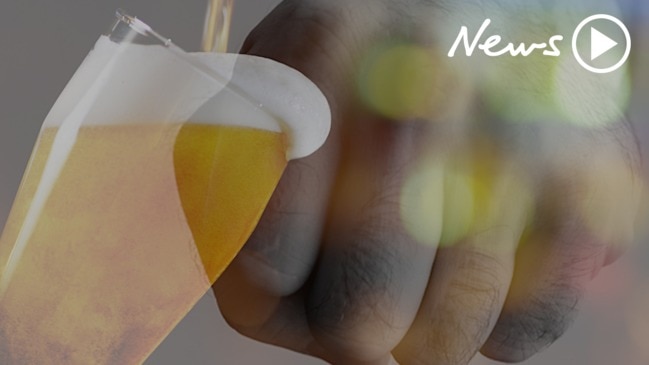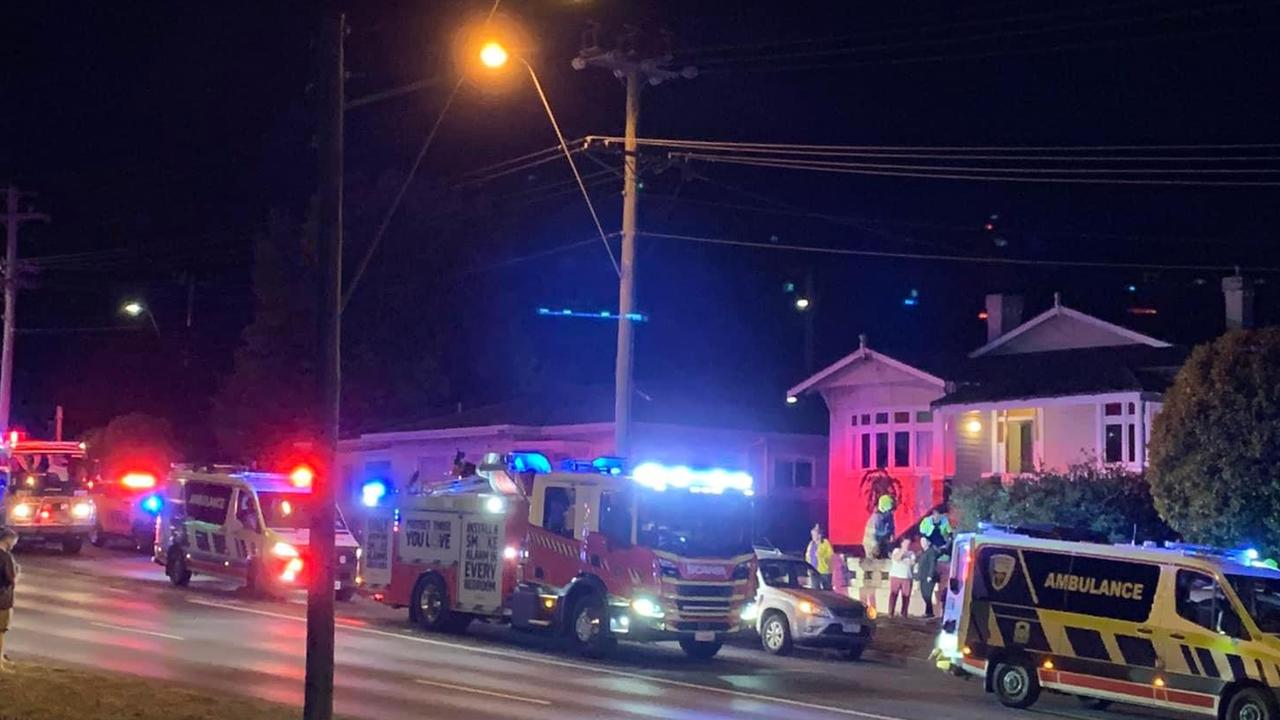Gay army cook with alcohol problem loses veterans claim
A gay man who worked as a military cook in Hobart during the 1970s, developing an alcohol problem to cope with social isolation, has lost a bid for veterans entitlements.

Police & Courts
Don't miss out on the headlines from Police & Courts. Followed categories will be added to My News.
A GAY army cook once found in the Hobart barracks vomiting blood after he developed an alcohol use disorder has lost a bid for veterans’ entitlements.
The man, now in his 60s, said he developed the drinking disorder because of a lack of workplace support and social isolation around his homosexuality, which caused him to drink excessively, partly in an attempt to gain acceptance.
The man, whose disorder is now in remission, joined the army as a national serviceman in 1972 and trained as a cook, the Administrative Appeals Tribunal of Australia veterans’ division said in a Hobart decision released this week.
He decided to keep his sexuality a secret, initially becoming a “loner” in Victoria to “avoid all the bullying that would inevitably happen” to him.
About 1974, he was transferred to the military barracks in Tasmania, which was a more “relaxed” posting but he “continued to protect his way of life by keeping to himself”.
One night, the man was admitted to the nearby Repatriation Hospital with alcohol poisoning after he was found vomiting blood in his quarters, and was discharged without any follow-up treatment.
“The applicant’s bed was in the same state as it was when he was admitted to hospital, so he had to clean it up himself and continue with work the next day,” deputy president Aziz Gregory Melick said.
“The applicant maintained that he was socially isolated throughout his career and unable to maintain friendships of any kind.”
MORE NEWS: TRUSTED FAMILY FRIEND ASSAULTS GIRL | WHY THE HOLD UP? RHH’S BUILDING DELAY TIMELINE
The man said he didn’t experience any traumatic events in the military and enjoyed being a cook, but was aware that homosexuality was forbidden in the Defence Force, that homosexual acts were illegal at the time in Australia, and that there were negative social attitudes about gay people.
Deputy president Melick said the man started drinking with soldiers who had returned from Vietnam about 1973 and he felt additional pressure to drink and fit in because of his sexuality.
The man left the army and worked in a hospital for 24 years, continuing to drink until 2006 when he was diagnosed with cirrhosis of the liver and given less than six months to live.
Deputy president Melick said the man had a strong family history of alcohol use, finding his disorder didn’t arise out of defence service, backing up a refusal by the Repatriation Commission in 2015 and the Veterans’ Review Board in 2017.


